Foreign Talent Research Center,MOHRSS & China National Academy of Chinese Theatre Arts Co-host “Peking Opera Along the Central Axis” Cultural Workshop
Jun 20, 2025
Beijing
To facilitate cross-cultural dialogue and showcase the unique charm of traditional Chinese opera, Foreign Talent Research Center, MOHRSS partnered with the China National Academy of Chinese Theatre Arts to host the “Peking Opera Along the Central Axis” cultural workshop for international participants on June 7. Through a one-day immersive program, the international participants gained comprehensive exposure to the intricacies of Peking Opera and appreciated the beauty of traditional Chinese culture.
The event began with an interactive lecture titled “When Peking Opera Meets Beijing's Central Axis,” decoding the cultural essence of this artistic fusion. The instructor illuminated the intrinsic connection between traditional opera theater architecture and the spatial aesthetics of the Central Axis through engaging explanations and live demonstrations.
Participants then immersed themselves in hands-on practice of Peking Opera's “Four Skills and Five Methods” (singing, speech, acting, and combat; hand gestures, eye expressions, body movements, rhythmic coordination, and footwork). Through imitation, they gained deeper appreciation for the codified artistry of Chinese opera.
The event featured a hands-on costume session where participants donned authentic Peking Opera regalia, including the iconic “kao” (armor costumes), under the guidance of professional performers. Through step-by-step coaching on fundamental movements and gestures, the expats gained firsthand experience of the physical discipline required in Chinese opera.
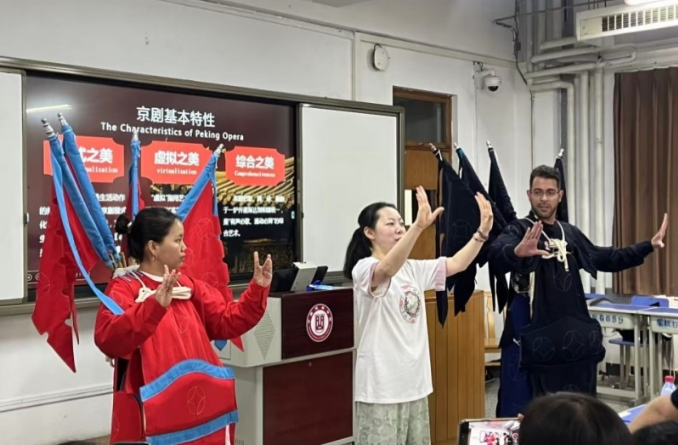

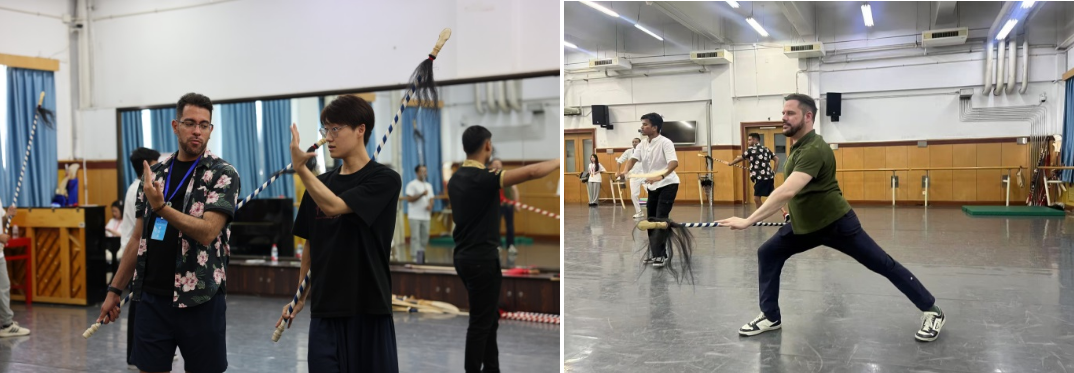
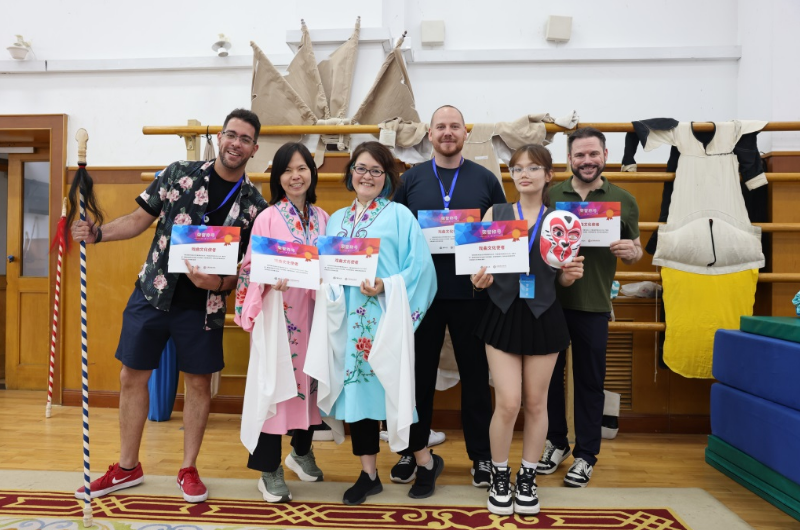
“Opera gestures embody ‘the flow of vital energy,’” the teacher explained while demonstrating. “Though you see sleeves moving, it's actually qi (vital energy) guiding them.” Through these rhythmic motions, the participants experienced how Chinese opera blends tangible techniques with intangible artistic conception.
The program culminated in a triumphant showcase where participants demonstrated their newly acquired Peking Opera skills. At the closing ceremony, the National Academy of Chinese Theatre Arts honored all attendees with an official “Peking Opera Cultural Ambassador” certification, entrusting them to share the seeds of this ancient art form across the globe.
Venezuelan professor Franco Guerra Raydis Moises (Wu Ruilong), who made a special trip from Nankai University to attend, shared his reflections: “This workshop went beyond teaching me about Peking Opera's history and artistic conventions. From painting symbolic masks to practicing water sleeve movements, I've touched the soul of this cultural treasure. The depth of its aesthetics and the richness of its traditions are truly awe-inspiring.”
“To me, this Peking Opera workshop was both an unforgettable delight and an extraordinary learning opportunity,” said Gemba Toshie, a Japanese editor from People's Daily Online. “I finally understood the true meaning of ‘one minute on stage takes ten years of practice’—the performers’ daily dedication commands my deepest respect.”
Source:Chinajob

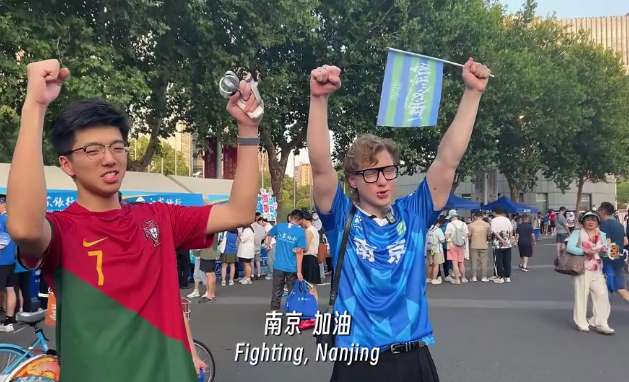
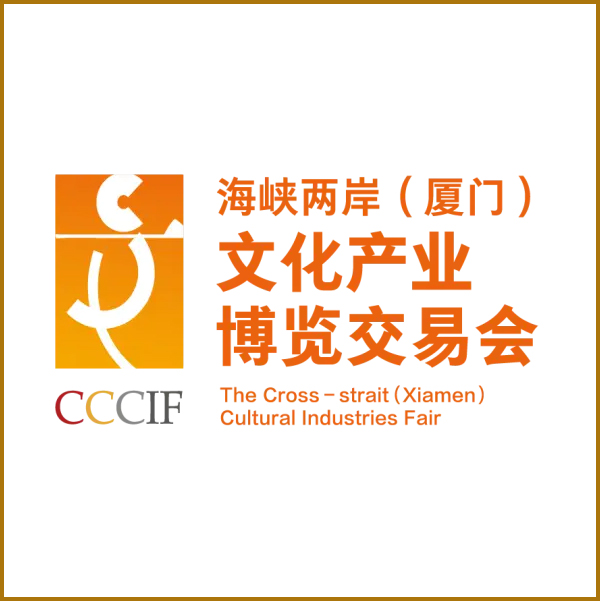
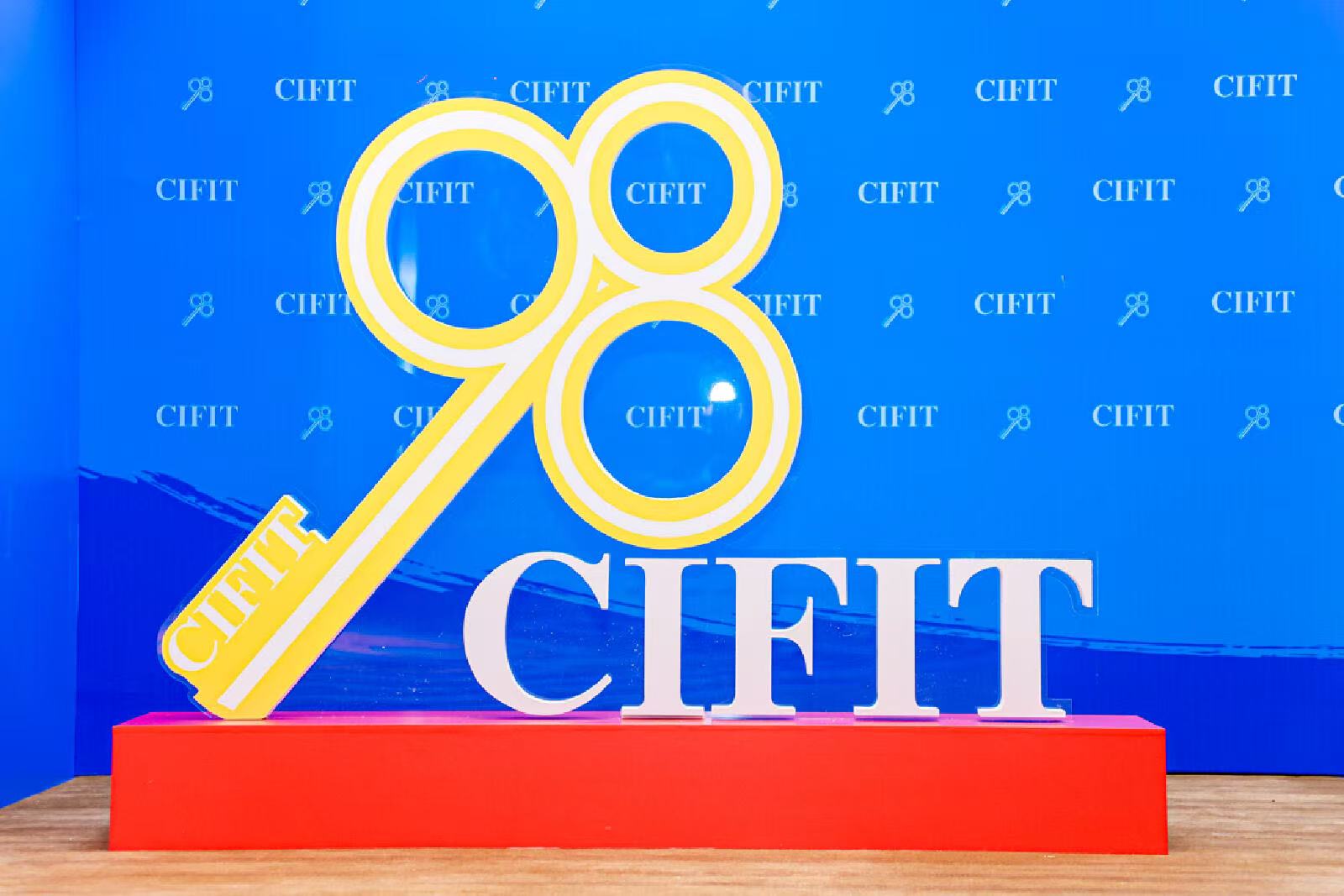

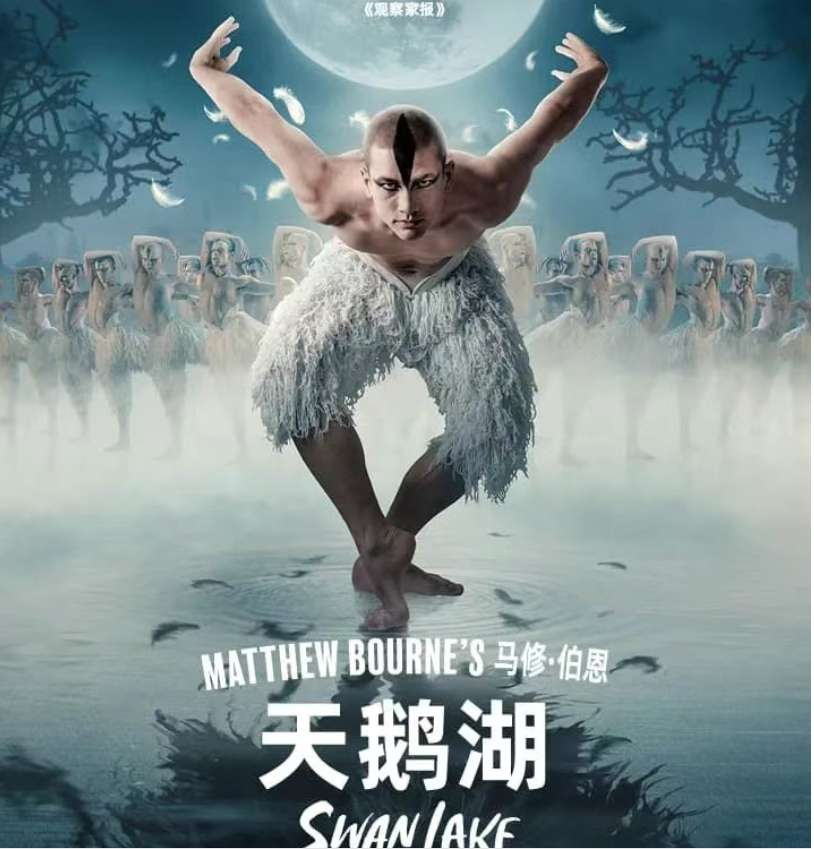


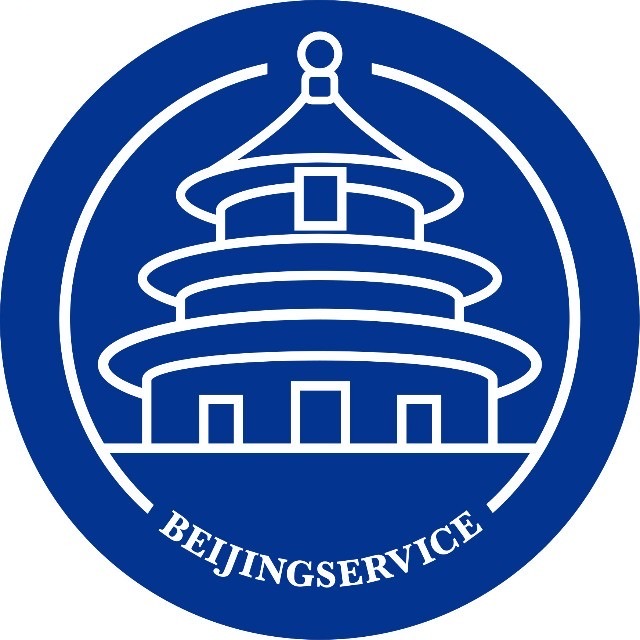
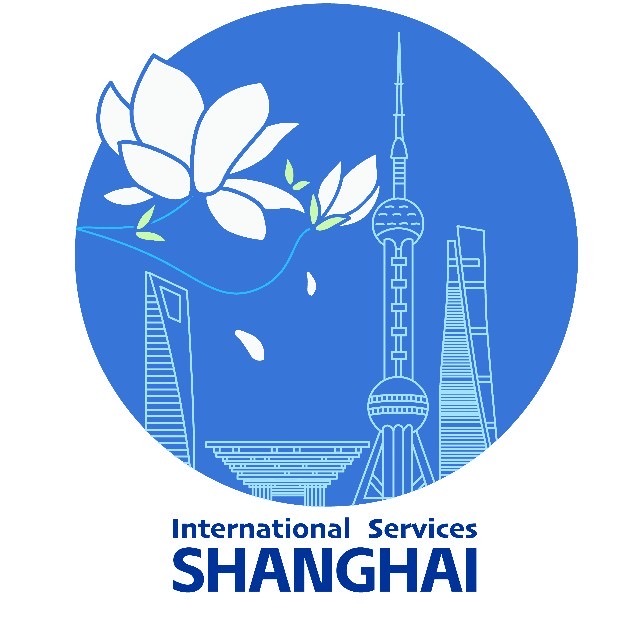




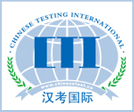
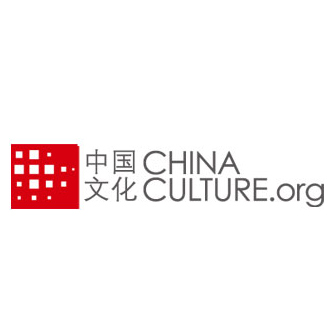
 京公网安备
京公网安备